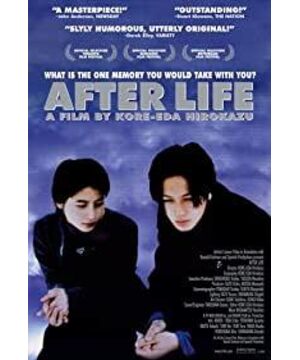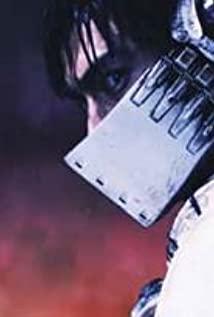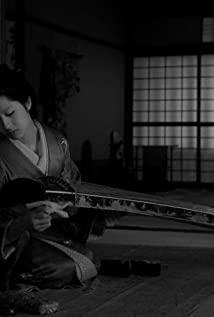"Next Stop, Heaven" is an old film by Hirokazu Kore-eda, shot in 1998, when I was seven years old and just started elementary school, so I didn't know anything about death.
At the entrance of the backlit station, every visitor is polite. This is the small transfer station before going to the kingdom of heaven. They are greeted by several "staff" of the station. People will stay at the station for a week, until they pick out the most meaningful or precious memory in their life, and after the memory is made into a movie, they will go to "heaven", or disappear forever.
The end of life is a difficult thing, and the war between the individual and the destiny is not easy at all. After being exhausted, they were finally relieved, but the people who came to the station seemed happy and contented, because everything was over, and they all said that life was all hardships, and now this hardship has finally come to an end.
"Memories selection" has become the final implication of the past. The time is only three days, and some are selected very quickly, some detailed descriptions of pilots passing through the clouds, some salarymen who are obsessed with the breeze in the front row of the tram, some memories of dancing in red dresses, and some eating in the bamboo forest after the big earthquake. The memory of the rice balls made by my mother... are all trivial and vivid, none of them follow the laws of society, but everyone is indulged in the happiness of memories.
There are three people who are difficult to choose. They are Ichiro Watanabe, who thinks his life is mediocre, grandma Nishimura, who is only obsessed with flowers and plants and has no children and lover, and Iseya who doesn't want to choose but does not want to choose. They became the focus of attention. The docking staff went out of their way to help them pick out memories. This unfolds the story of Mochizuki and Watanabe. It turns out that Watanabe's wife is Mochizuki's fiancee before the war. Mochizuki has not been able to select the memory and left it until he waited for the fiancee's husband, Watanabe.
Someone said: " Memories are very strange. Only when two people remember them at the same time can memories be real . " The intersection of Mochizuki's and his fiancee's memories is Mr. Watanabe. Mochizuki left a letter. These two men suffered because they were temporarily trapped in jealousy of each other. Even on the edge of the kingdom of heaven, the twisted love between men and women was always troublesome. With the help of another receptionist, Shiori, Mochizuki opens the memory fragment of his fiancee's selection. To his surprise, fiancee Kyoko chose the same park as Mr. Watanabe, but the clip was the last meeting with Mochizuki before joining the army. Mochizuki, who had no hope of choosing a memory, had a complicated gleam in her silent eyes. In that world where he had been away for 50 years, he was stored in someone's memory as a part of the happiness of others. This happiness passed through life and death, and finally fell gracefully on another memory of him.
Compared with Shunji Iwai's "Love Letter", the regret of life and death is advanced layer by layer. In "Next Station, Heaven", Hirokazu Koreeda's style of mournful but not sad is more reassuring. A fragile body cannot stop death, but memories are the only eternal hope. Those glittering fragments hold up fragile souls and let them live in the kingdom of heaven with peace of mind. This is the film that gives us the greatest comfort. Separation of life and death is no longer so terrifying, just like the concept of life and death in "The Undertaker": "Death is not the opposite of life, but an eternal part of life." Of course, it is impossible for the living to know what happens after death, but the movie opens up for us Such a warm vision traces the longing and concern of the two worlds. They leave with the best memories, and any ordinary body of us has the opportunity to become a part of the happiness of others in our short life. , Thinking like this, I feel that the matter of living has suddenly given birth to strength.
How much softness and sincerity does the production team of this film have to be able to gently spread that thin layer of sugar coating on the heavy bitter fruit of the ultimate disappearance?
View more about After Life reviews











